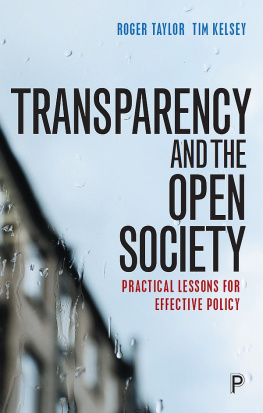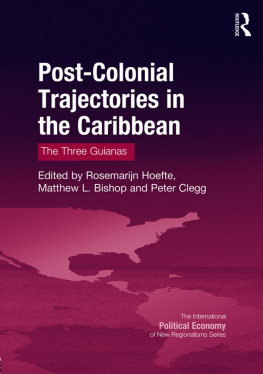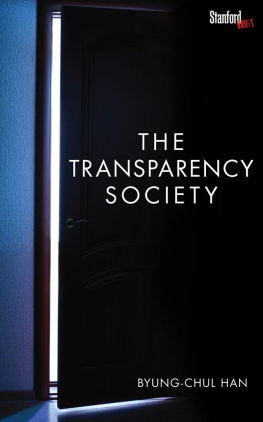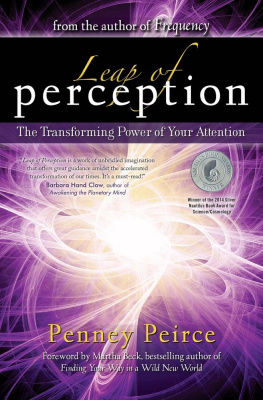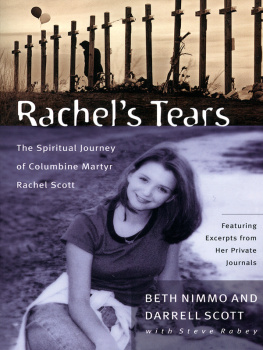Rachel Adams - Transparency new trajectories in law
Here you can read online Rachel Adams - Transparency new trajectories in law full text of the book (entire story) in english for free. Download pdf and epub, get meaning, cover and reviews about this ebook. year: 2020, publisher: Taylor & Francis Group, genre: Politics. Description of the work, (preface) as well as reviews are available. Best literature library LitArk.com created for fans of good reading and offers a wide selection of genres:
Romance novel
Science fiction
Adventure
Detective
Science
History
Home and family
Prose
Art
Politics
Computer
Non-fiction
Religion
Business
Children
Humor
Choose a favorite category and find really read worthwhile books. Enjoy immersion in the world of imagination, feel the emotions of the characters or learn something new for yourself, make an fascinating discovery.

- Book:Transparency new trajectories in law
- Author:
- Publisher:Taylor & Francis Group
- Genre:
- Year:2020
- Rating:5 / 5
- Favourites:Add to favourites
- Your mark:
- 100
- 1
- 2
- 3
- 4
- 5
Transparency new trajectories in law: summary, description and annotation
We offer to read an annotation, description, summary or preface (depends on what the author of the book "Transparency new trajectories in law" wrote himself). If you haven't found the necessary information about the book — write in the comments, we will try to find it.
Transparency new trajectories in law — read online for free the complete book (whole text) full work
Below is the text of the book, divided by pages. System saving the place of the last page read, allows you to conveniently read the book "Transparency new trajectories in law" online for free, without having to search again every time where you left off. Put a bookmark, and you can go to the page where you finished reading at any time.
Font size:
Interval:
Bookmark:
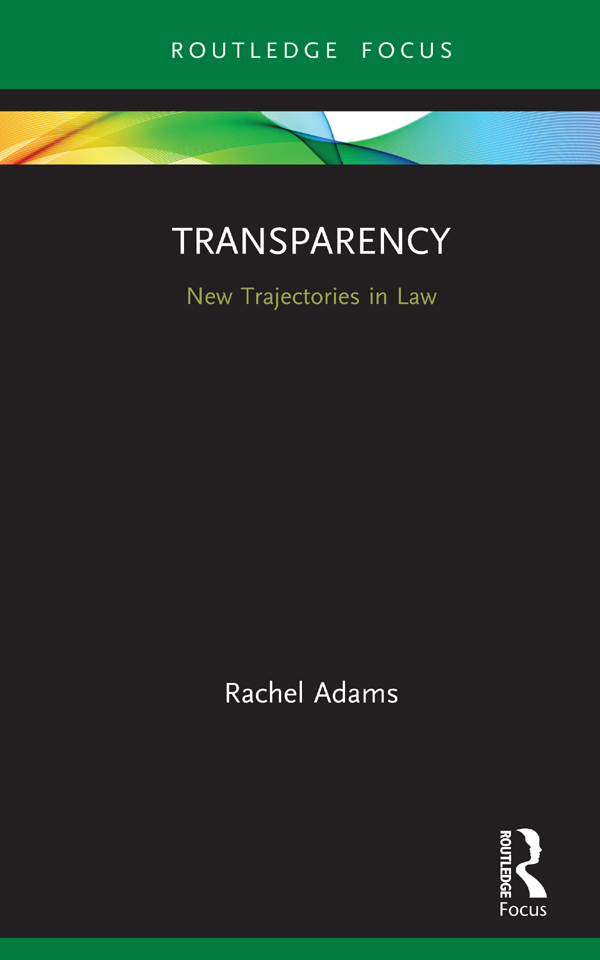
Transparency
This book critiques the contemporary recourse to transparency in law and policy.
This is, ostensibly, the information age. At the heart of the societal shift toward digitalisation is the call for transparency and the liberalisation of information and data. Yet, with the recent rise of concerns such as fake news, post-truth and misinformation, where the policy responses to all these phenomena has been a petition for even greater transparency, it becomes imperative to critically reflect on what this dominant idea means, whom it serves, and what the effects are of its power. In response, this book provides the first sustained critique of the concept of transparency in law and policy. It offers a concise overview of transparency in law and policy around the world, and critiques how this concept works discursively to delimit other forms of governance, other ways of knowing and other realities. It draws on the work of Michel Foucault on discourse, archaeology and genealogy, together with later Foucaultian scholars, including Gayatri Chakravorty Spivak and Judith Butler, as a theoretical framework for challenging and thinking anew the history and understanding of what has become one of the most popular buzzwords of 21st century law and governance.
At the intersection of law and governance, this book will be of considerable interest to those working in these fields; but also to those engaged in other interdisciplinary areas, including society and technology, the digital humanities, technology laws and policy, global law and policy, as well as the surveillance society.
Rachel Adams is a Senior Research Specialist at the Human Sciences Research Council, South Africa, and a Post-Doctoral Researcher with the Information Law and Policy Centre, at the Institute of Advanced Legal Studies, University of London.
Series editors Adam Gearey, Birkbeck College, University of London Colin Perrin, Commissioning Editor, Routledge
for information about the series and details of previous and forthcoming titles, see https://www.routledge.com/New-Trajectories-in-Law/book-series/NTL
New Trajectories in Law
Rachel Adams

First published 2020
by Routledge
2 Park Square, Milton Park, Abingdon, Oxon OX14 4RN
and by Routledge
52 Vanderbilt Avenue, New York, NY 10017
Routledge is an imprint of the Taylor & Francis Group, an informa business
A glasshouse book
2020 Rachel Adams
The right of Rachel Adams to be identified as author of this work has been asserted by her in accordance with sections 77 and 78 of the Copyright, Designs and Patents Act 1988.
All rights reserved. No part of this book may be reprinted or reproduced or utilised in any form or by any electronic, mechanical, or other means, now known or hereafter invented, including photocopying and recording, or in any information storage or retrieval system, without permission in writing from the publishers.
Trademark notice: Product or corporate names may be trademarks or registered trademarks, and are used only for identification and explanation without intent to infringe.
British Library Cataloguing-in-Publication Data
A catalogue record for this book is available from the British Library
Library of Congress Cataloging-in-Publication Data
Names: Adams, Rachel (Rachel Margaret) author.
Title: Transparency: new trajectories in law / Rachel Adams.
Description: Abingdon, Oxon; New York, NY: Routledge, 2020. |
Series: New trajectories in law | Based on authors thesis (doctoral University of Cape Town, Faculty of Law, 2017) issued under title: The creation of a world after its own image: a genealogy of transparency. | Includes bibliographical references and index.
Identifiers: LCCN 2019057996 (print) | LCCN 2019057997 (ebook) | ISBN 9780367346003 (hardback) | ISBN 9780429340819 (ebook)
Subjects: LCSH: Sociological jurisprudence. | Disclosure of information. | Transparency in government. | Human rights. | Technology and law.
Classification: LCC K370 .A33 2020 (print) | LCC K370 (ebook) | DDC 340/.115dc23
LC record available at https://lccn.loc.gov/2019057996
LC ebook record available at https://lccn.loc.gov/2019057997
ISBN: 978-0-367-34600-3 (hbk)
ISBN: 978-0-429-34081-9 (ebk)
Typeset in Times New Roman
by codeMantra
For my Grandmother, Janet Jackson
I am greatly indebted to a number of people whose support and guidance made this book possible. To my husband, Yazeed, for tirelessly engaging in conversations on the meanings of transparency and its place within our so-called information age, and my children Iriyana, Ali and Iman who generously shared their mothers attention with Michel Foucault and the many other giants whose shoulders I stood on to write this book.
I also wish to thank my mother for her unwavering love and for the many hours spent entertaining my young children so I could write; my parents-in-law and my father, who remains a constant source of inspiration and reassurance.
In addition, my gratitude extends to Fola Adeleke for introducing me to transparency and encouraging me to critique it, to Jaco Barnard-Naud who supervised much of the research of this book during my doctoral studies at the University of Cape Town and to my colleagues Nora Ni Loideain, Temba Masilela and Stephen Rule for their sage advice and encouragement.
Some parts of this book have been previously published with Critical Legal Thinking, specifically:
R. Adams. 2017. Key Concept: Michel Foucault, Discourse. Critical Legal Thinking. Posted: 17th November 2017. Available from: http://criticallegalthinking.com/2017/11/17/michel-foucault-discourse/. [Accessed 10 September 2019].
R. Adams. 2018. Did Baudrillard Foretell the Advent of Fake News? Critical Legal Thinking. Posted: 27th April 2018. Available from: http://criticallegalthinking.com/2018/04/27/did-baudrillard-foretell-the-advent-of-fake-news/. [Accessed 10 September 2019].
Kind permission has been granted for the re-use of these texts here.
Excerpt from Unbelievable: Why we believe and why we dont: Graham Ward, 2014, I.B. Tauris. Used by permission of Bloomsbury Publishing Plc.
Excerpt from Corporate Truth: The Limits to Transparency by Adrian Henriques, 2007. Used by permission of Taylor and Francis.
Excerpt from The Transparency of Evil, by Jean Baudrillard, 2009. Used by permission of Verso Books.
My involvement with the idea of transparency began when I was working at the South African Human Rights Commission over 20122016. Within this context, transparency was presented as a human right embedded within the ambitious content of the right of access to information. It was considered to be a fundamental if yet rather unrealised ideal of the new democratic dispensation of South Africa. Broader literature on the subject echoed its value and necessity for a functioning democracy as well as for the ethical conduct of bodies, whether public or private. Indeed, transparency was being invoked across global society: from international human rights and good governance strategies, to anti-corruption efforts and investment. Global discourse had constructed transparency as a catch-all solution for a vast array of different undesirables within modern society. Yet, its construction as a human right and as an ethical principle meant that its socio-historical construction went by unnoticed: transparency was taken as a given.
Font size:
Interval:
Bookmark:
Similar books «Transparency new trajectories in law»
Look at similar books to Transparency new trajectories in law. We have selected literature similar in name and meaning in the hope of providing readers with more options to find new, interesting, not yet read works.
Discussion, reviews of the book Transparency new trajectories in law and just readers' own opinions. Leave your comments, write what you think about the work, its meaning or the main characters. Specify what exactly you liked and what you didn't like, and why you think so.



